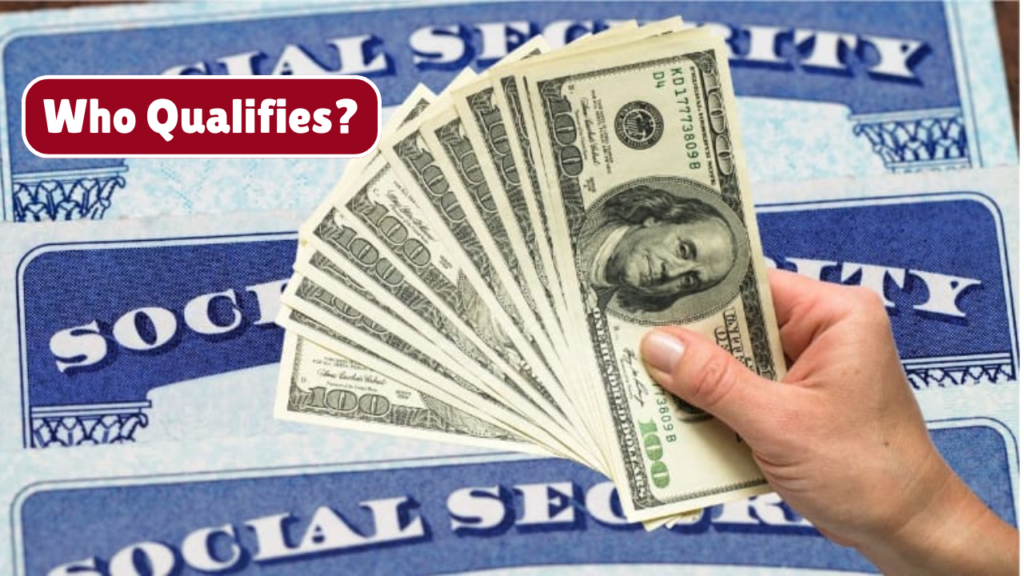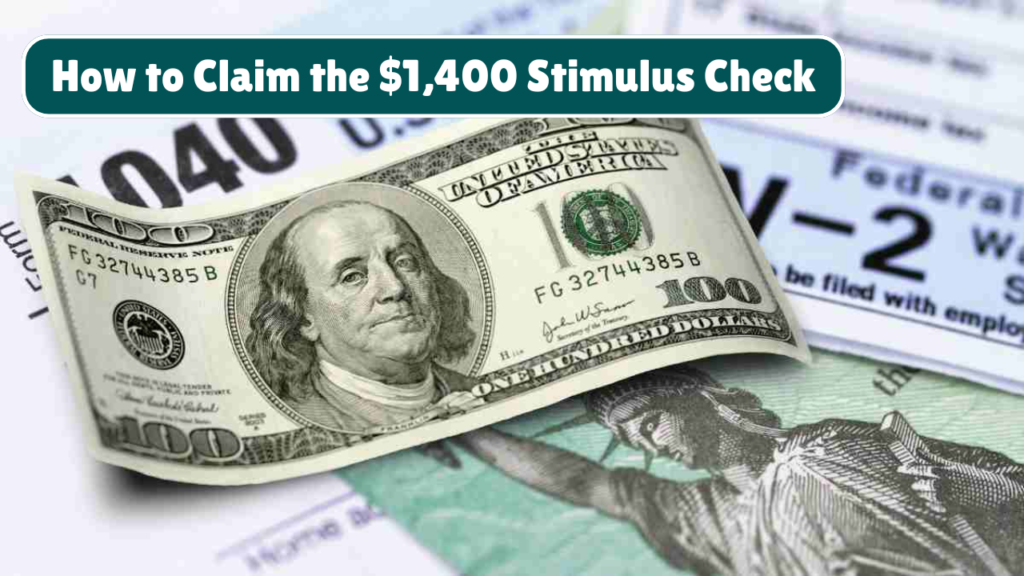Introduction
As the economic landscape continues to evolve, discussions about a new round of $1,400 stimulus checks in 2025 have gained momentum. These stimulus payments aim to provide financial relief to millions of Americans facing the ongoing impact of inflation and economic uncertainty. This article explores who qualifies, expected payment dates, how to claim the payment, and other crucial details regarding this financial assistance.
What is the $1,400 Stimulus Check?
The $1,400 stimulus check is a proposed direct payment from the federal government to eligible individuals and families to support economic stability. If approved, this stimulus package would be similar to previous relief payments issued during the COVID-19 pandemic but tailored to the financial challenges of 2025.
Purpose of the Stimulus Check
- Combat Rising Inflation – Provide financial relief amid increasing costs of living.
- Support Low-Income Families – Assist those struggling with food, housing, and healthcare expenses.
- Boost the Economy – Encourage consumer spending to stimulate economic growth.
- Aid Retirees and Disabled Individuals – Offer financial support to those on fixed incomes, including Social Security, SSDI, SSI, and VA beneficiaries.
Eligibility for the $1,400 Stimulus Check
Eligibility requirements will likely be based on income levels, tax status, and dependent qualifications. Below are the expected criteria:

Who Qualifies?
- Individuals earning up to $75,000 per year
- Married couples filing jointly with incomes up to $150,000
- Heads of households earning up to $112,500
- Dependents (Children, Elderly, Disabled) – Additional amounts may be provided for each dependent.
- Retirees, Social Security, SSI, SSDI, and VA beneficiaries – Expected to be included in the eligibility criteria.
- Non-filers receiving government benefits – Those who don’t file tax returns but receive Social Security or VA benefits may still qualify automatically.
Who May Not Qualify?
- Individuals earning above $100,000 (phased-out benefits above $75,000)
- Married couples earning above $200,000
- Non-U.S. citizens without legal residency status
- Taxpayers who have not filed a tax return in recent years
- Individuals claimed as dependents on another taxpayer’s return
Expected Payment Dates
If approved, the stimulus payments could follow a structured distribution schedule:
| Recipient Type | Expected Payment Date |
|---|---|
| Direct Deposit Recipients | March 2025 (Exact date TBD) |
| Social Security, SSI, SSDI, VA | March-April 2025 |
| Paper Checks & Debit Cards | April-May 2025 |

How Will Payments Be Distributed?
The IRS and the U.S. Department of the Treasury will distribute payments through the following methods:
- Direct Deposit: The fastest method for receiving payments if banking details are on file with the IRS.
- Paper Checks: Mailed to those without direct deposit information, taking longer to arrive.
- Prepaid Debit Cards: Some beneficiaries may receive funds through an Economic Impact Payment (EIP) card.
- Social Security and VA Benefits: Direct deposits will be automatically processed for Social Security, SSDI, SSI, and VA recipients.
How to Claim the $1,400 Stimulus Check
- File Your 2024 Tax Return – Ensure you have up-to-date tax information on file.
- Verify Banking Information – Direct deposit is the fastest method to receive the payment.
- Check Your Social Security or VA Status – Government benefit recipients may receive automatic payments.
- Monitor the IRS Website – Stay informed on eligibility updates and payment status.
- Use IRS Non-Filer Tools (If Applicable) – If you don’t usually file taxes but are eligible, ensure you use the IRS’s tools for non-filers.
Impact of the Stimulus Check on Households
The $1,400 stimulus check could provide crucial financial support for:
- Low-income families struggling with rising rent, groceries, and utility costs.
- Seniors on Social Security who face increasing medical expenses.
- Disabled individuals relying on SSDI or VA benefits to cover essential needs.
- Unemployed workers still searching for stable job opportunities.
Potential Challenges and Delays
While stimulus payments are expected to provide relief, there may be challenges such as:
- Legislative Delays: Approval from Congress could affect the timeline.
- Processing Backlogs: The IRS may experience delays in sending payments due to high demand.
- Banking Issues: Incorrect direct deposit details could lead to payment failures.
- Scam Risks: Fraudsters may attempt to exploit stimulus check recipients.
Conclusion
The proposed $1,400 stimulus checks in 2025 could provide essential financial relief to millions of Americans. While final approval and distribution details are still pending, it is crucial to stay informed about eligibility requirements and payment dates to ensure you receive your funds.
Key Takeaways
- The stimulus aims to provide relief to low- and middle-income households, Social Security recipients, and veterans.
- Payments will likely be distributed through direct deposit, paper checks, and debit cards.
- Keeping banking and tax information up to date is crucial for timely payment.
- While the proposal is promising, Congress must approve the bill before payments are issued.
FAQs
1. Will everyone receive a $1,400 stimulus check?
No, payments will be based on income levels, tax status, and eligibility criteria. Higher earners may receive reduced or no payments.
2. Do Social Security, SSDI, and VA beneficiaries qualify?
Yes, if approved, beneficiaries of federal assistance programs are expected to receive the stimulus automatically.
3. How will I receive my payment?
Payments will be sent via direct deposit, paper checks, or debit cards, depending on how you typically receive tax refunds or government benefits.
4. When will the payments be issued?
If passed, payments could start as early as March 2025, with distributions continuing through May 2025.
5. Is there a deadline to claim the stimulus check?
Typically, the IRS allows individuals to claim missed stimulus payments through a tax return for the following year. Keep an eye on IRS announcements for specific deadlines.



